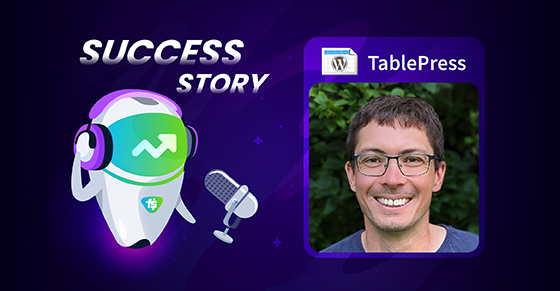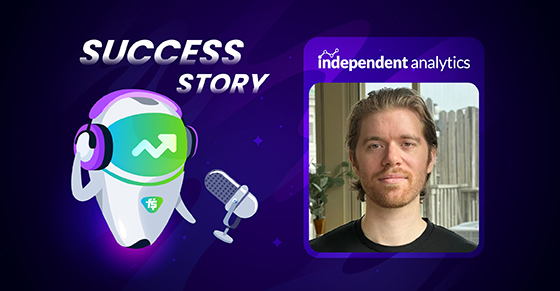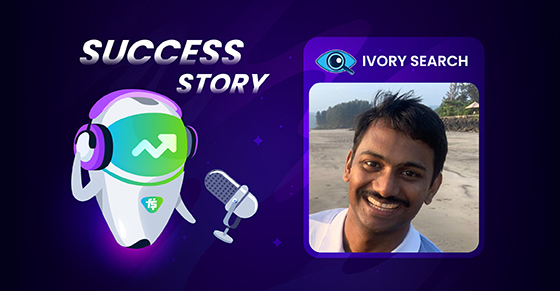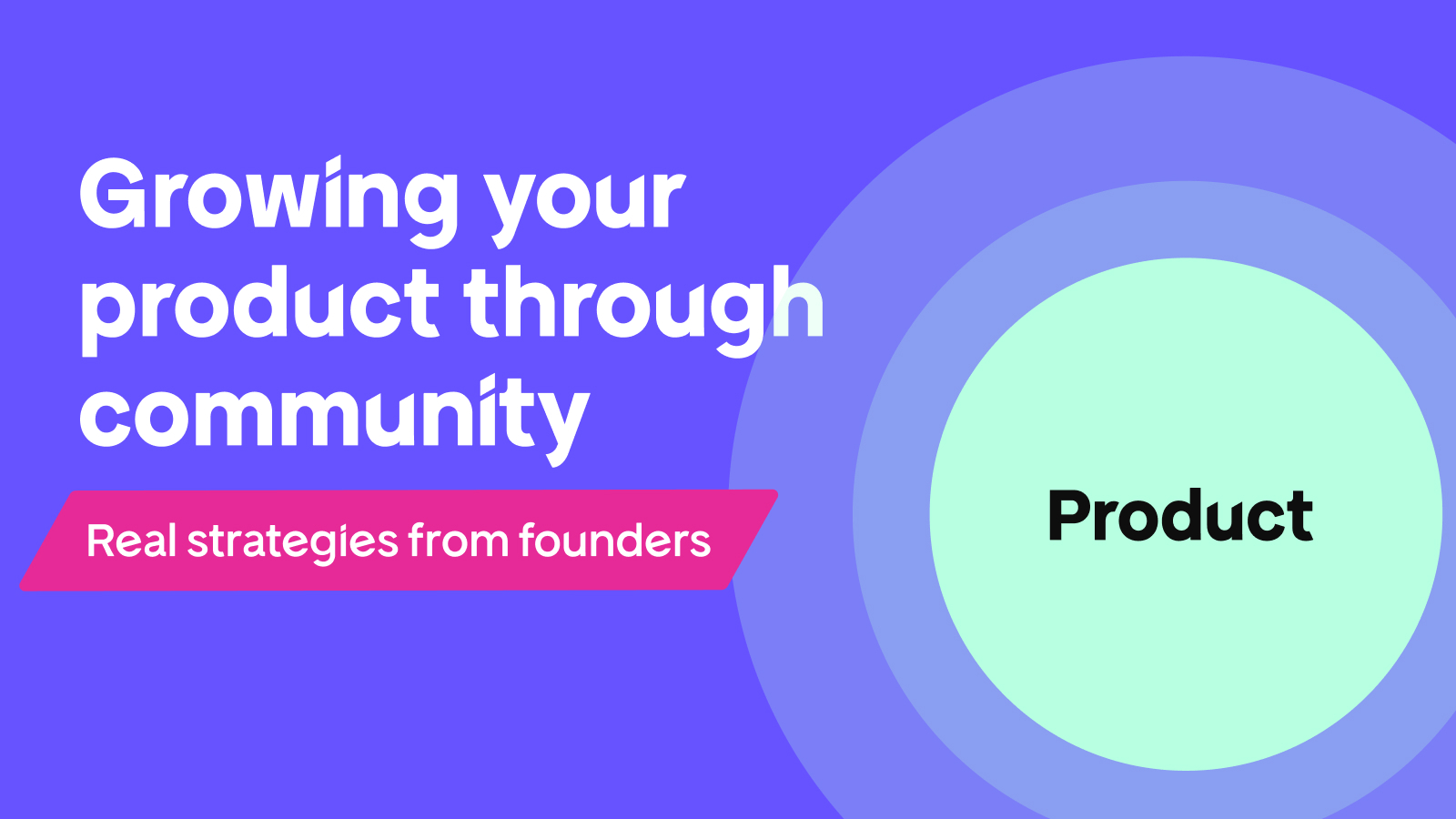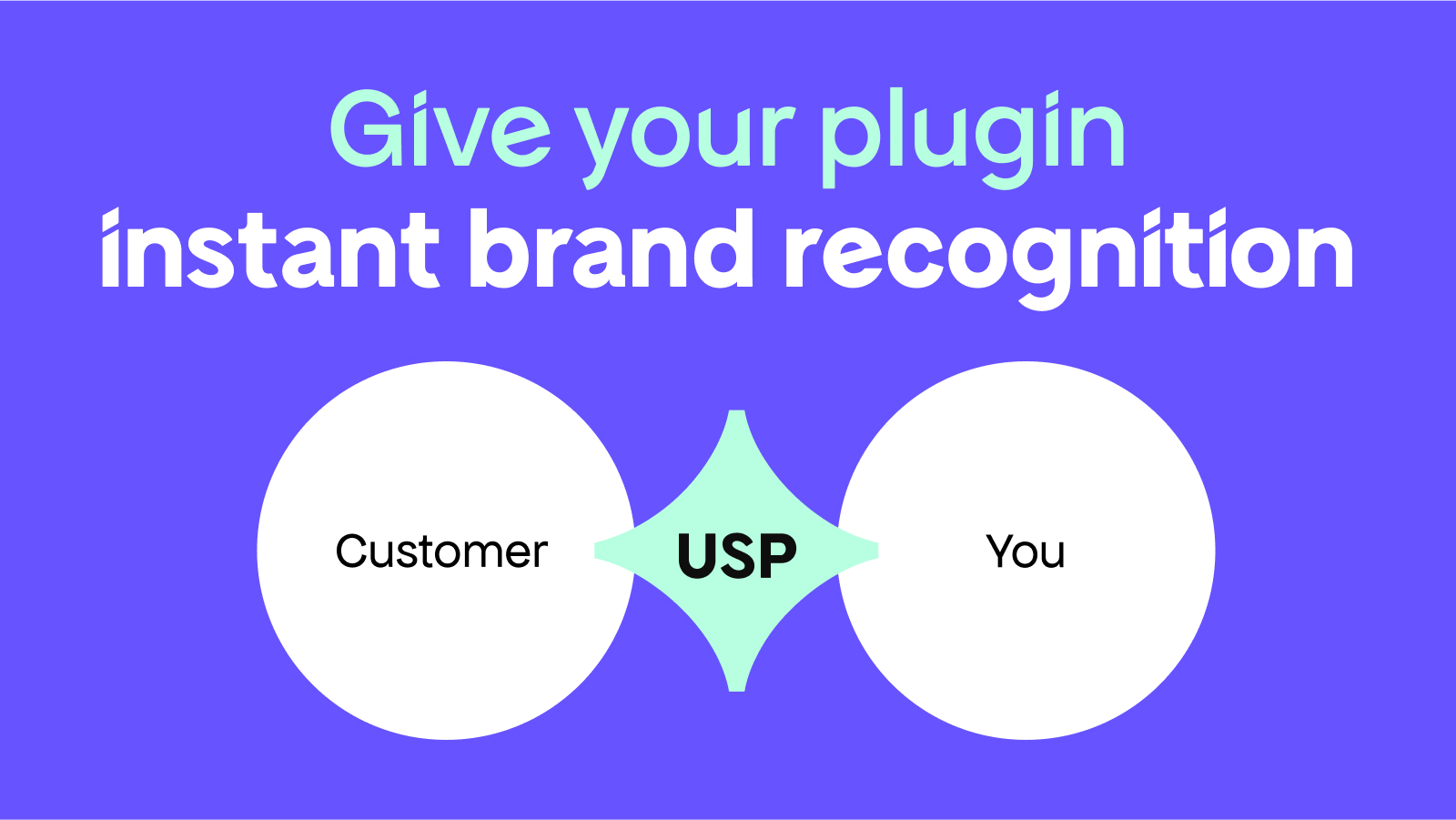|
|
Success is a journey of continuous learning for many software makers, and Robert Abela’s story is no exception. He believes wholeheartedly that long-term dedication and hard work are the keys to achieving great results.
For Robert, the best products emerge when you solve problems you face yourself.
As the CEO and founder of Melapress, Robert transformed his passion for online security into a thriving WordPress business. What began as a solo endeavor has grown into a team of talented professionals creating trusted tools like CAPTCHA 4WP, WP 2FA, and WP Activity Log. These products have not only earned industry-wide acclaim but have also attracted major enterprise clients.
In this Success Story, we delve into Robert’s growth mindset, tireless work ethic, and the inspiring journey that led him to build a portfolio of reliable WordPress plugins.
Hi Robert — it’s great to have you with us! Can you share a bit about yourself? Where are you from and how do you like to spend your downtime?
Hi, thanks for having me! I was born and raised in Malta but left when I was 24. Since then, I’ve lived in Cyprus and Scotland, and for the past six years, I’ve been based in the Netherlands.
Most of my time is spent working or with my family, which includes my wife and three children. When I get some downtime, I carve out moments for myself. I enjoy cycling, running, and hiking when I can fit them in. A few times a year, I take things up a notch with enduro mountain biking, and I make sure to go on a solo multi-day tour at least once a year.

These trips are my chance to reset. I usually ride around 100 km a day for 4 to 6 days, with routes I plan weeks in advance — typically in Belgium or Germany. While I’ve stayed in hotels occasionally, I much prefer pitching a tent and sleeping outdoors. It’s the perfect way to disconnect and recharge.
I agree — time spent in nature is a great way to rejuvenate, especially when managing the demands of growing a business. Speaking of which, you’ve gone from solopreneur to CEO with a four-plugin portfolio and a thriving seven-person team. Can you recount this journey for our readers?
The journey has been both challenging and rewarding. I started in 2013, freelancing and building my WordPress site while using my background in systems administration and security to help clean and secure hacked WordPress sites. That led to the development of WP Activity Log. Although I can write code, my strength lies in systems engineering and security, which influenced the plugin’s creation.
It’s amazing how everything shaped up for you, and we’ll get back to your product journey in a bit. But first, tell me what mindset or habits you think have been most important in driving Melapress’ growth.
Patience and consistency have been crucial. Showing up every day is key, even when the results aren’t immediate.
We’re constantly bombarded with ads and influencer messages about getting rich quickly or working less and earning more. But in reality, business is a marathon, not a sprint. Someone has to put in the long hours, especially in the early years.
Success doesn’t happen overnight — it’s the cumulative result of making both good and bad decisions over time, and the journey is filled with ups and downs.
The end goal is to make more good decisions than bad ones, and have more ups than downs.
Sage advice. How do you balance day-to-day operations with long-term vision and strategy?
I’m still figuring it out, but I’m making progress. Recently, I’ve focused on working on the business, not just for it.
Running a small business means juggling everything — development, design, admin, support, and more. Delegating tasks has been crucial, freeing up time for strategic planning and growth. While it’s impossible to avoid working for the business entirely, better organization and time management are helping me find balance.
Since we’re on the topic of delegation, can you tell us more about your incredible team and why they’re such an essential part of your success?
As a solopreneur, your growth is inherently limited. You only have so much time and expertise to draw on. When you bring other people into the fold, you’re not just “buying more time” to handle tasks you can’t or don’t want to do. You’re also gaining fresh ideas and perspectives that can transform your business.
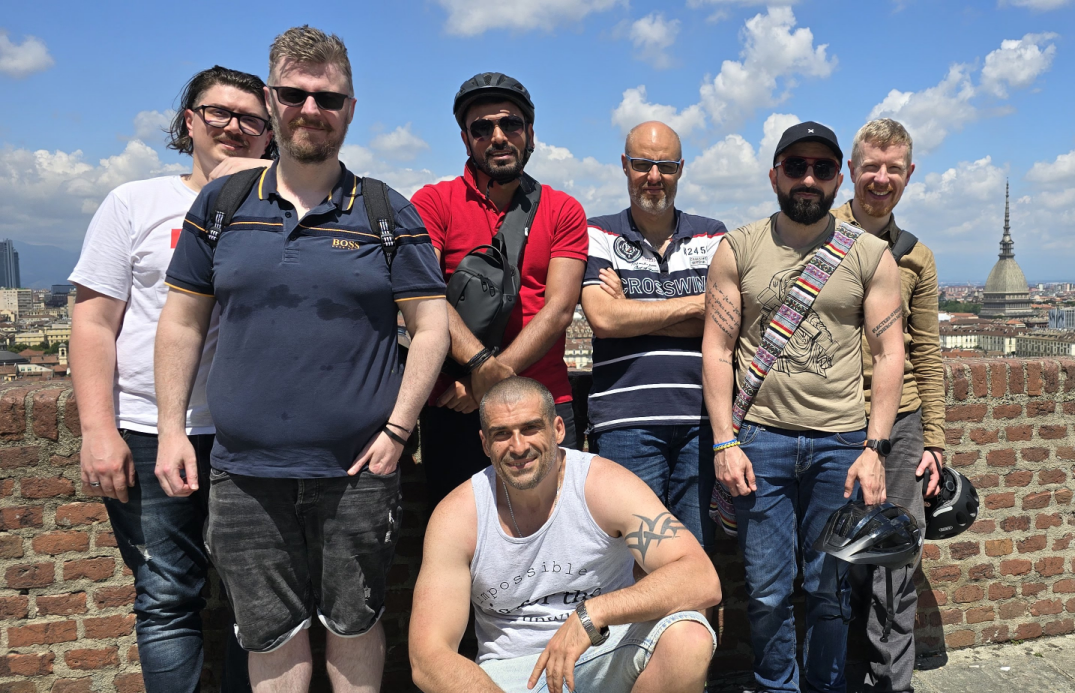
This is why it’s so important to recruit people who are far better than you at what they do.
They bring skills and insights that enrich both your products and your company’s operations. Their unique viewpoints often help you see things in ways you wouldn’t have considered, making them truly invaluable.
Absolutely! Building and managing a team is essential for scaling and growing a business, but it’s also a challenge for any founder. What were some of the biggest challenges you encountered during this shift, and how did you navigate them?
Finding the right people and balancing my own work has been the biggest challenge. Startup hiring is tough due to limited budgets, and the fast-paced environment isn’t for everyone. Managing a growing team also requires organization and balance.
Many people assume that hiring reduces your workload, but really, it often increases it. You’re still responsible for your tasks, and now you’re also supporting your team.
As the team grows, new challenges, like managing team dynamics, emerge.
It’s a balance, for sure! What’s one lesson about leadership or team-building you’ve learned along the way that you wish you knew when you started?
The most important lesson I’ve learned about leadership is that communication is everything.
The Italians have a saying, “Patti chiari, amicizia lunga,” which translates to, “Clear promises lead to long friendships.”
In business, clarity is key. Clear communication ensures everyone understands your needs and expectations, preventing misunderstandings and strengthening relationships.
As someone with big ambitions, how do you keep your team motivated and aligned with your vision for the company’s future?
I involve everyone and empower them to take ownership. It’s tough at first, but hiring people better than me and trusting them is key to success.
Over time, I’ve learned to listen more than I speak and give people the freedom to do what they think is best.
We have meetings and disagreements, but I rarely have to make decisions on my own or impose my views.
It’s admirable that you empower your team with the tools needed to succeed. Speaking of tools… your products specialize in a specific niche: online security. What inspired you to focus on this area? How did you initially identify the gap in the market?
Like many other founders, I was trying to scratch my own itch.
As I mentioned: before starting my own business, I worked for security software startups. My background is in systems engineering and security. When I began experimenting with WordPress and cleaning up hacked websites, I needed a logging solution to monitor these sites and understand how and why they got hacked.
At the time, there was only one logging plugin, and it was very basic. So, I decided to develop my own. After the first few releases, I received a lot of positive feedback, which encouraged me to continue developing the plugin. By the way, I only developed the first version; after that, I started collaborating with a freelance developer.
The story behind WP 2FA and Melapress Login Security is quite similar. A few years ago, I was using another 2FA plugin, which worked fine for me. But as the team grew and more people needed access to the website, I needed a more user-friendly and flexible 2FA solution. At the time, none existed, so we decided to develop WP 2FA. Then, Melapress Login Security followed because we needed to manage third-party logins to our website.
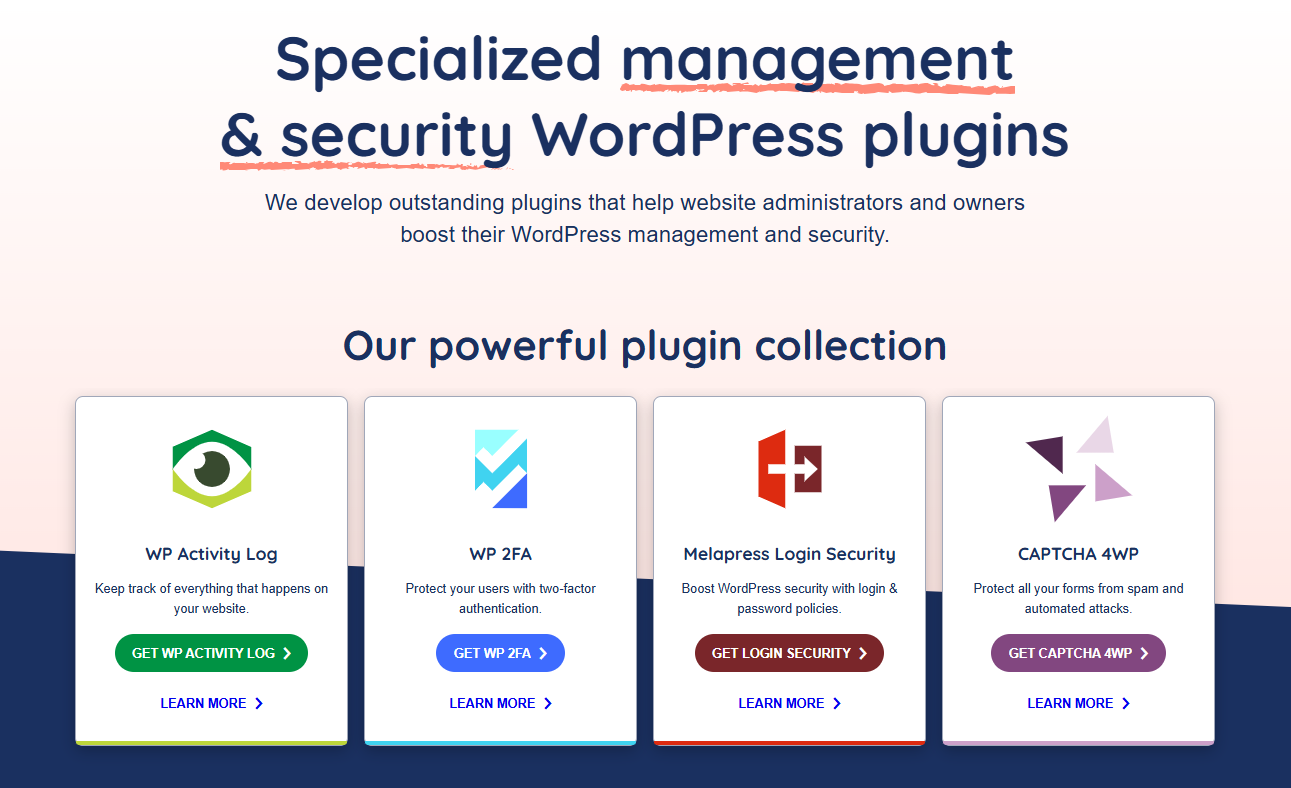
And the rest is history! What makes your plugins unique and why are they essential to your operation? We’ll dive into CAPTCHA 4WP a bit later.
There are a few things that set our plugins apart from the competition. The most important unique selling proposition is that our plugins are all built to do one specific thing. This approach allows us to specialize and truly excel in what we do.
Take WP 2FA, for example. It’s the fastest-growing and most feature-rich 2FA solution, even though it’s the youngest on the market in that category. By focusing solely on two-factor authentication, we’ve been able to add features that refine and enhance this core capability.
If you don’t use WP 2FA for 2FA, you’re probably using security plugins. These security plugins tend to be loaded with multiple features: a firewall, activity logs, 2FA, and so on. But when you pack so many functions into one plugin, specialization becomes difficult.
You can’t give users all those options without overwhelming them, leading to something that’s more of a jack of all trades, rather than a truly specialized solution.
It’s like comparing a mobile phone camera to an SLR camera. Sure, mobile phone cameras are great for the average user, but they don’t have the specialized capabilities of an SLR camera. The same principle applies here.
Your plugins are trusted by major brands like Amazon, Bosch, Disney, and Yellow Pages. What do you think makes them appealing to such high-profile enterprises?
Exactly what I mentioned earlier:
Each Melapress plugin specializes in one thing.
Large enterprises typically operate web farms with a mix of WordPress and non-WordPress websites, along with their own WAFs, central log management systems, custom plugins, and more. When they look for something like 2FA or activity logs, they need a solution that does just that — and does it well.
Over the years, we’ve also learned a lot from our enterprise customers, and we’ve continuously developed features tailored to their needs. For example, we’ve added the ability to send activity logs to central log management systems such as Papertrail or AWS CloudWatch.
This is an invaluable feature for enterprises because on large networks, where there are often hundreds or even thousands of devices, web admins and engineers don’t have the time to check the logs of each device. Instead, they send all logs to one central system, where they can set up notifications, alarms, and more. This is just one example of how we’ve evolved our software to cater to the enterprise market.
Subscribe and grab a free copy of our WordPress Plugin Business Book
Exactly how to create a prosperous WordPress plugin business in the subscription economy.

That being said, selling to enterprises probably comes with unique challenges. Can you share some of the lessons you’ve learned about meeting the needs of large-scale organizations?
Indeed, selling to enterprises is a completely different ball game. The sales process, for instance, is typically much longer. For example, a small agency needing a 10-site license might buy it without any direct communication. However, an enterprise purchasing an unlimited-site license will have a lot of questions, which means a lot of back-and-forth emails, filling out documents, and responding to RFPs (Request for Proposal documents).
Additionally, many large enterprises, especially government agencies, do not buy directly from vendors. Instead, they have to go through resellers, which can complicate the process. On top of that, resellers often take a cut of the sale.
Enterprises also often have specific requirements for security and scalability. How do you ensure your plugins meet these high standards?
We prioritize rigorous testing — and then more testing, and even more testing. It sounds simple, but it isn’t. When we first started WP Activity Log, we used to have a lot of performance issues. We were still learning and people were installing our plugin on multisite networks with 1,000 websites and 10,000 users.
By testing as much as we can, putting our software out there, and listening to feedback, we’ve learned a great deal. Over the years, we’ve gained a lot of experience, which we now use when developing new features. Even when developing the simplest things, we consider scenarios carefully.
For example, if you have a placeholder where the plugin user is expected to specify a user, do not add an autocomplete in that placeholder. Instead, validate the username when it is being saved. Autosave tries to load all the users on a system, and when there are 1,000+ users, the website will run into problems.
You can try and prevent as much as you can when developing something new, and think of every possible scenario. However, you also have to accept that your customers will encounter issues. Then it all depends on how you respond to such reports.
Working with globally recognized brands can open doors to new opportunities. How has your experience with enterprise clients influenced your approach to product development and growth?
We’ve never specifically developed products for enterprises; it just so happens that some of the plugins we create, like WP Activity Log and WP 2FA, align with the needs of larger organizations. For instance, a small business with a website may not require an activity log plugin, but enterprises do, simply due to the nature of their operations and specific requirements.

So, while we do incorporate features that cater to enterprises, we still focus primarily on developing features that serve the needs of the majority. In fact, about 80% to 90% of the features in our plugins are designed for and used by average websites.
The enterprise-specific features we add are more of an extension of what we’ve already created, ensuring that the product is versatile and scalable.
It’s interesting how your clients guide your development roadmap. On that topic: You recently acquired the Advanced noCaptcha & Invisible Captcha plugin, which is now known as CAPTCHA 4W. What attracted you to this plugin?
The acquisition wasn’t exactly a planned or strategic move. A few years ago, we had a vacancy, and the plugin’s developer applied for the position. During the interview, he mentioned that he wanted to sell it because it wasn’t financially sustainable.
At the time, anti-spam wasn’t a core focus for us, but after considering various factors, we thought, how difficult can it be? After all, we already had experience building enterprise-grade software.
Well, we quickly learned that we were far from prepared for the complexities of developing and growing such a plugin. It turned out to be a completely different market, with a new customer base and distinct challenges. But the silver lining is that we’ve come a long way since acquiring CAPTCHA 4WP, and we’ve gained invaluable experience along the way.
With those complexities in mind, how did you approach the development and marketing of CAPTCHA 4W after the acquisition to ensure its success?
As I mentioned, the anti-spam and CAPTCHA market was entirely new to us at the time. However, we quickly identified areas where we could make immediate improvements.
For instance, most CAPTCHA plugins only supported Google reCAPTCHA, with hCaptcha offering its own solution. We were the first to integrate the top three CAPTCHA services — Google reCAPTCHA, hCaptcha, and Cloudflare Turnstile — giving users greater flexibility in choosing the service that worked best for them.
Another area we tackled was Google reCAPTCHA v3. While reCAPTCHA v3 operates automatically, it can mistakenly block users without offering a solution. We introduced the first-ever failover option, so if a user is blocked, the plugin can automatically switch to another CAPTCHA version that requires user interaction. This ensures that users aren’t completely locked out.
The direction we took to develop and grow CAPTCHA 4W was inspired by our own frustrations with existing solutions.
I personally think products created to scratch a personal itch tend to be more successful.
What were some of the biggest challenges you faced in integrating CAPTCHA 4W into your portfolio, and how did you overcome them?
From a marketing perspective, there weren’t any particular challenges. However, the biggest hurdle was transitioning CAPTCHA 4W into a proper freemium model. Although the plugin was already freemium, the previous developer had left the premium features in place but simply added a note advising users to pay if they wanted them. Unfortunately, this didn’t work as expected.
When we acquired the plugin, we made several adjustments to address this issue, but initially, things didn’t go as planned, as I explain in this video 🙂
Well worth a watch! Moving on… What platform were you using before Freemius, and what led you to make the switch?
I’m actually one of Freemius’ early adopters — the plugin ID for WP Activity Log on Freemius is 94!
Before switching, I was using Easy Digital Downloads. What really pushed me to make the change was the EU’s complicated VAT system. I used to spend around six hours every Saturday processing invoices and dealing with VAT and taxes. Once I switched to Freemius, that burden was lifted, and it saved me a significant amount of time.
Sounds hectic — I’m glad we were able to help. What Freemius features do you find most valuable? Could you highlight which features that stand out to you?
Sure.
- Payments and accounting. As I mentioned earlier, the switch to Freemius was a game-changer. I no longer have to deal with taxes, individual invoices, or accountants. Freemius handles everything, and we just get a monthly payment and issue one invoice.
- Checkout. The checkout system is exceptionally well-designed. It’s constantly updated, and the new version released a few months ago is a significant improvement over the previous one. It’s intuitive, efficient, and user-friendly.
- Partnership. While I’m not sure if I’d call it a ‘feature,’ I really value the partnership aspect of Freemius. Since they earn a commission, it feels more like a collaboration than just a vendor relationship. The team is always accessible, responsive, and open to discussions when we need changes or have issues.
- Software updating system. Freemius handles all updates and plugin management, which makes my life a lot easier. When we release a new version, all we need to do is upload it, and Freemius takes care of the rest — ensuring seamless updates for customers.
How’s your experience working with the Freemius support team been?
My experience with the Freemius support team has been amazing! I honestly can’t complain. Whenever we encountered issues — whether they were vendor-related or customer issues like licensing or payment problems — we simply included the Freemius team in the thread, and they handled everything directly. This meant we didn’t need to supervise or manage the issue ourselves, which made everything run smoothly.
Kudos go to our Developer Support Lead, Leo! Okay, hear me out. You’re in a movie similar to Back to the Future, only it’s called Back to the Past. What do you do differently?
I’m not someone who dwells a lot on the past because, ultimately, you can’t change it. The best thing you can do is learn from it and move on. Where we are today, and who we are, is a result of everything we did and experienced — including our mistakes. So, I wouldn’t change much.
That said, one thing I would definitely change — and something I still need to work on — is not overthinking things.
You learn more the faster you act and the sooner you fail.
What’s one piece of advice you have for product makers who are new to the game?
If you have an idea, just start. It can be overwhelming, especially when you look at the big players in the market or attend a meetup or WordCamp as a newcomer. It’s completely normal to feel that way. But remember, Rome wasn’t built in a day, and neither was WordPress!
Hear, hear! Thanks for your time, Robert, and we wish you well for the future. Before you go, please drop your social handles so that people know where to find you.
Sure. You can find me on LinkedIn or X. I also have Facebook and Instagram, but I do not post much about work, especially on Instagram.



